Navigating the complex world of business can feel overwhelming, especially when ethical dilemmas arise. I’ve often found myself questioning the right course of action in challenging situations. That’s where a solid understanding of business ethics becomes crucial. A good business ethics book can provide the guidance and insights needed to make informed decisions that align with both personal values and organizational goals.
In this article, I’ll explore some of the best business ethics book that have shaped my perspective and can help you cultivate a strong ethical foundation. Whether you’re a seasoned professional or just starting out, these resources offer valuable lessons that can enhance your decision-making process and foster a culture of integrity in your workplace. Let’s dive into the world of business ethics and discover how these books can transform your approach to ethical challenges.
Key Takeaways
- Importance of Business Ethics: A solid understanding of business ethics is crucial for navigating ethical dilemmas in the workplace and aligning personal values with organizational goals.
- Key Themes in Literature: Business ethics book commonly address ethical decision-making, corporate social responsibility, and the significance of ethical leadership in maintaining integrity within organizations.
- Influential Titles: Noteworthy business ethics book like “”Business Ethics: A Berkley Perspective”” and “”Ethics in the Workplace”” offer valuable frameworks and practical tools for making ethical decisions.
- Practical Application: Resources such as “”The Business Ethics Field Guide”” provide real-world scenarios and strategies, enabling professionals to effectively handle ethical challenges.
- Impact on Industry Practices: Business ethics literature influences organizational policies and promotes a culture of integrity, helping businesses implement ethical practices and corporate social responsibility for long-term benefits.
- Continual Learning: Engaging with business ethics book fosters ongoing ethical awareness and reinforces the importance of integrity in everyday business operations.
Business Ethics Book
Business ethics literature encompasses a variety of texts that explore ethical principles in the corporate world. These books delve into topics such as corporate social responsibility, ethical decision-making, and the impact of business practices on society at large.
Key works in this field reveal essential frameworks and case studies that guide professionals in navigating ethical dilemmas. These texts may include:
- “”Business Ethics: A Berkley Perspective”” – This book offers insights into ethical theories and their application in real-world scenarios.
- “”Ethics in the Workplace”” – This resource focuses on establishing ethical frameworks within organizations to foster trust and accountability.
- “”The Business Ethics Field Guide”” – This practical guide provides tools for addressing common ethical challenges faced in business environments.
- “”Ethics for the Real World”” – This book emphasizes practical strategies for integrating ethics into daily business operations.
- “”Lying and Deception in Business”” – This work examines the consequences of dishonesty and the importance of transparency in operations.
Additional literature emphasizes the role of leadership in modeling ethical behavior. It highlights how leaders can create cultures of integrity, influencing employee behavior and decision-making.
Reading a range of business ethics book equips individuals with diverse perspectives and skills necessary to tackle ethical challenges effectively, reinforcing the commitment to ethics in their respective fields.
Key Themes in Business Ethics Books
Business ethics book explore critical themes that shape ethical practices in organizations. Understanding these themes enhances ethical decision-making and fosters a culture of integrity.
Ethical Decision-Making
Ethical decision-making is a central theme in business ethics literature. Books emphasize frameworks to guide individuals through complex dilemmas. For instance, texts often present models like the Ethical Decision-Making Framework, which includes steps such as identifying the ethical issue, evaluating options, and reflecting on the impact of choices. These models support readers in aligning their decisions with both personal values and organizational standards, ensuring transparency and accountability.
Corporate Social Responsibility
Corporate social responsibility (CSR) emerges as another significant theme in business ethics books. CSR involves a company’s commitment to contributing positively to society while minimizing negative impacts. Literature discusses concepts like stakeholder engagement and sustainable practices, underscoring the importance of ethical obligations beyond profit generation. Many authors provide case studies showcasing businesses that successfully integrate CSR into their operations, demonstrating the long-term benefits of ethical practices for companies and communities alike.
Notable Business Ethics Books
Numerous business ethics book provide valuable insights into ethical practices and decision-making. I’ve identified some influential titles that stand out in this field. Here’s a closer look.
Summary of Influential Titles
- Business Ethics: A Berkley Perspective
Examines fundamental ethical theories in business. It provides a comprehensive background, helping readers understand different schools of thought. - Ethics in the Workplace
Focuses on creating ethical frameworks within organizations. This book highlights case studies that demonstrate the effectiveness of integrating ethics into daily operations. - The Business Ethics Field Guide
Offers practical tools for navigating ethical issues. It includes real-world scenarios to help readers apply concepts in their own workplaces. - Ethics for the Real World
Emphasizes practical strategies for daily ethical dilemmas. This book encourages readers to implement ethical practices consistently. - Lying and Deception in Business
Investigates the consequences of dishonesty in corporate environments. It illustrates the impacts of unethical behavior on organizations and stakeholders.
- Terry L. Meddings
Meddings discusses ethical decision-making models. He emphasizes the importance of a structured approach to addressing dilemmas. - Eric E. Johnson
Johnson shares insights on corporate governance and social responsibility. He advocates for transparent practices that enhance trust between businesses and communities. - Linda K. Treviño
Treviño focuses on the role of leadership in establishing ethical cultures. She underscores how leaders influence the moral climate within their organizations. - David A. Houghton
Houghton examines the intersection of ethics and technology. He explores how advancements challenge traditional ethical frameworks and the need for updated guidelines. - David W. G. Fogel
Fogel analyzes emotional intelligence in ethical decision-making. He argues that understanding emotions can significantly enhance ethical outcomes in complex situations.
The Impact of Business Ethics Books on Industry Practices
Business ethics books significantly influence industry practices by establishing ethical norms and frameworks. They provide foundational knowledge that helps professionals navigate ethical challenges in the workplace.
- Guidance for Ethical Decision-Making
Business ethics books outline clear frameworks for ethical decision-making. These frameworks assist individuals in evaluating options when faced with dilemmas. By applying principles from texts like “”Ethics in the Workplace,”” I can develop structured approaches to complex situations. - Promotion of Corporate Social Responsibility (CSR)
Literature on business ethics emphasizes the importance of CSR. Books such as “”Ethics for the Real World”” offer strategies for companies to engage positively with stakeholders and communities. Integrating CSR into business practices yields benefits for both organizations and society. - Development of Ethical Leadership
Ethical leadership emerges as a crucial theme in business ethics literature. Through insights from authors like Linda K. Treviño, I recognize how leaders shape organizational culture. Books guide leaders in modeling ethical behavior and establishing a climate of integrity. - Insights into Practical Applications
Practical tools provided in texts like “”The Business Ethics Field Guide”” enable me to apply ethical principles directly to real-world situations. These tools empower professionals to address ethical challenges confidently and effectively. - Influence on Organizational Policies
Business ethics books inform the development of corporate policies. Organizations adopt guidelines based on established ethical principles, fostering a cohesive approach to ethical issues across departments. - Continuous Learning and Ethical Awareness
Ongoing education through business ethics literature fosters a culture of ethical awareness. Regular reading reinforces the importance of ethical practices in everyday business operations.
The collective impact of business ethics books shapes industry practices, enhances decision-making capabilities, and promotes a culture of integrity within organizations.
Business Book
Exploring the world of business ethics books has been a rewarding journey for me. These texts offer invaluable insights that not only help navigate ethical dilemmas but also foster a culture of integrity in the workplace. I’ve found that the principles and frameworks outlined in these books can significantly enhance decision-making and promote corporate social responsibility.
By integrating the lessons from these resources into our daily operations, we can cultivate stronger ethical foundations within our organizations. As I continue to learn from these influential works, I’m committed to applying these principles in my professional life. Embracing business ethics is essential for anyone looking to make a meaningful impact in their field.



![[author] business ethics for managers and leaders course](https://westbrightlaw.com/wp-content/uploads/2024/11/43692c61-2758-4ecf-870e-67b6beea24b5_y91iE6L8oWa_1dxBEeN2l-1024x585.jpeg)